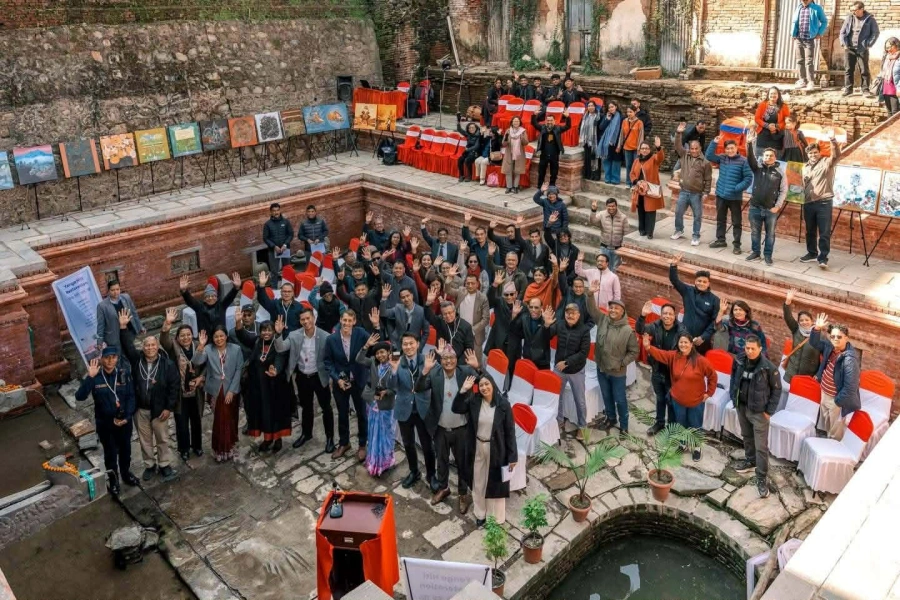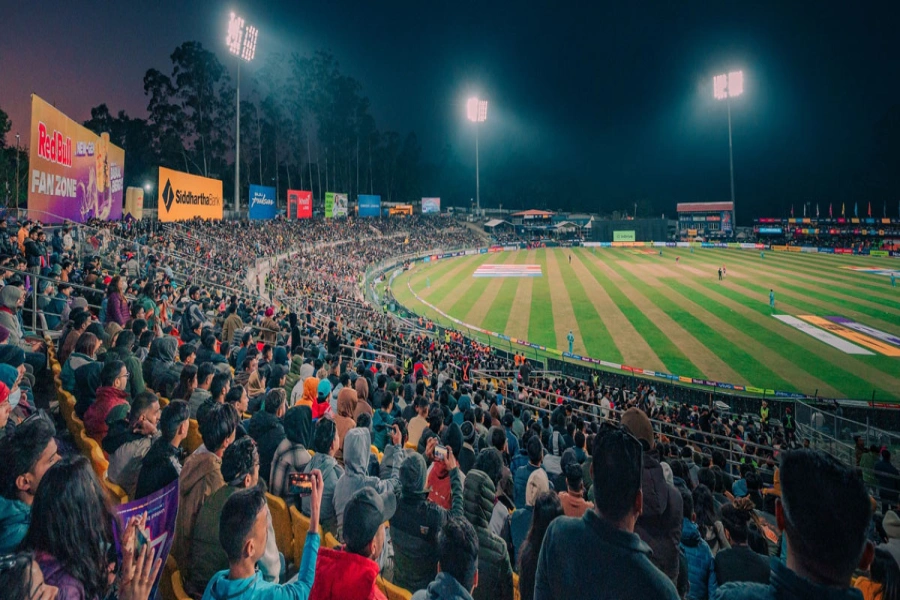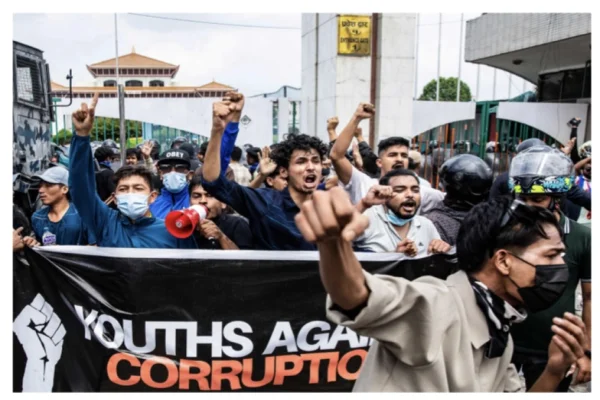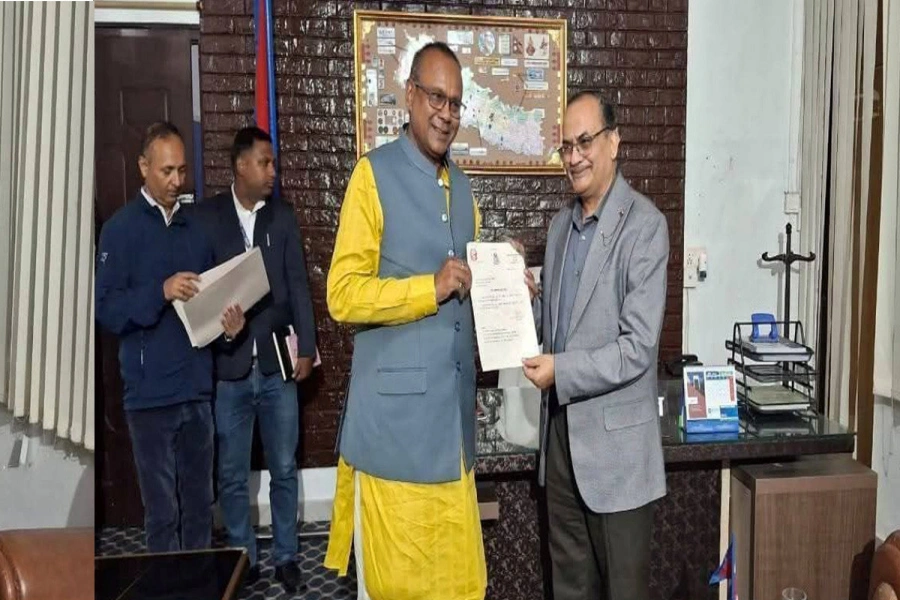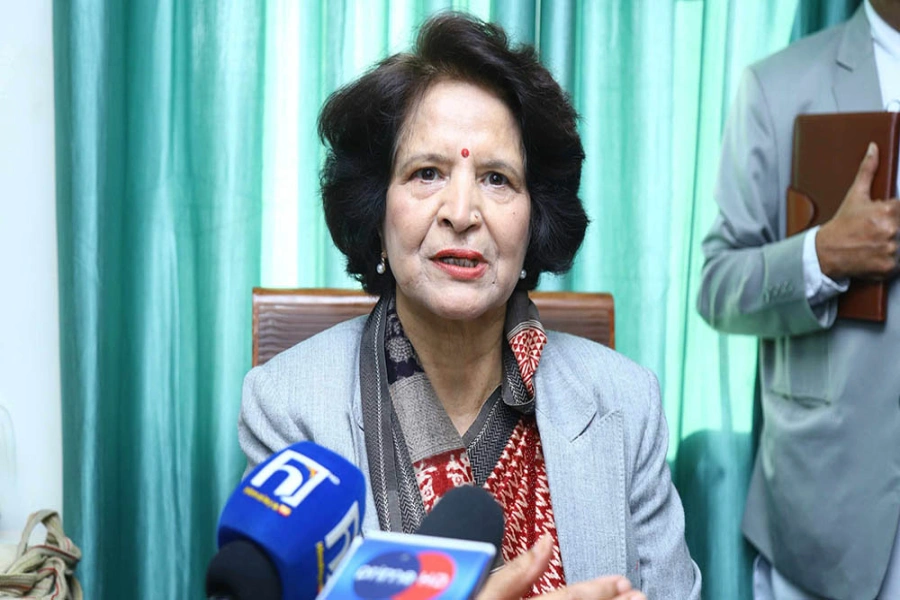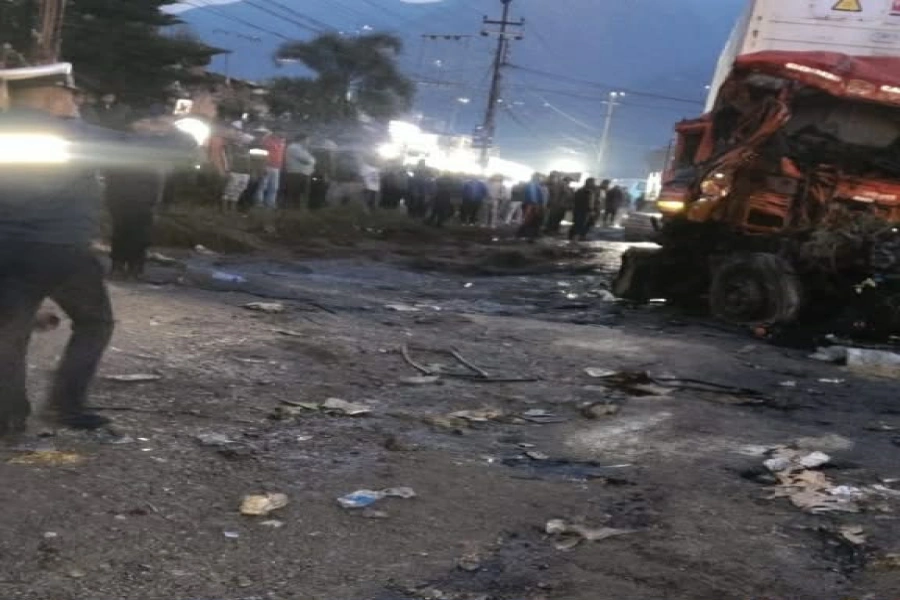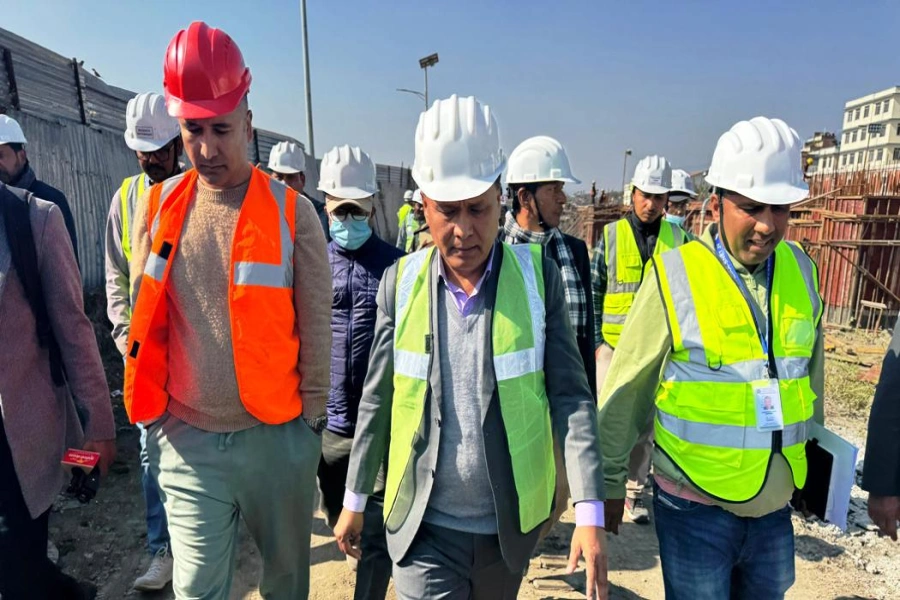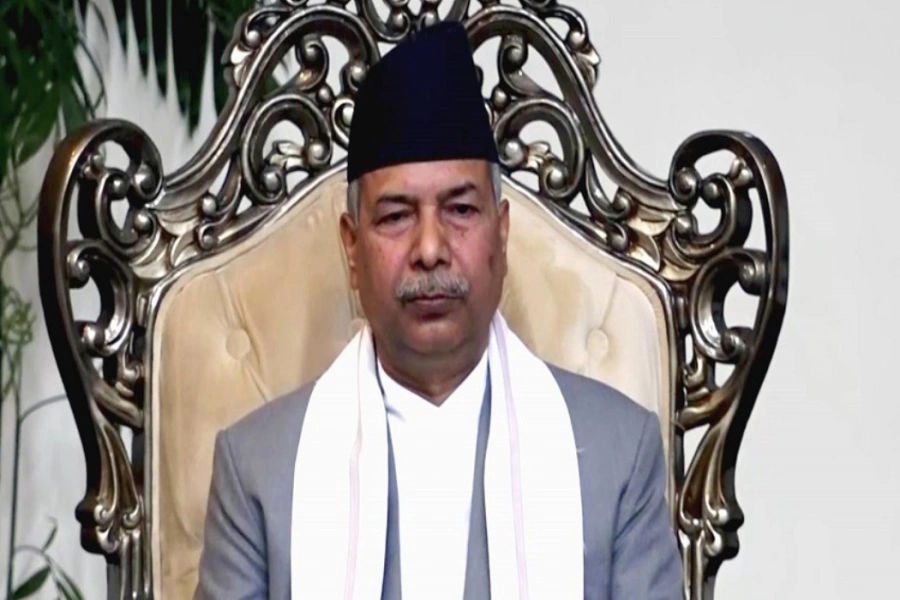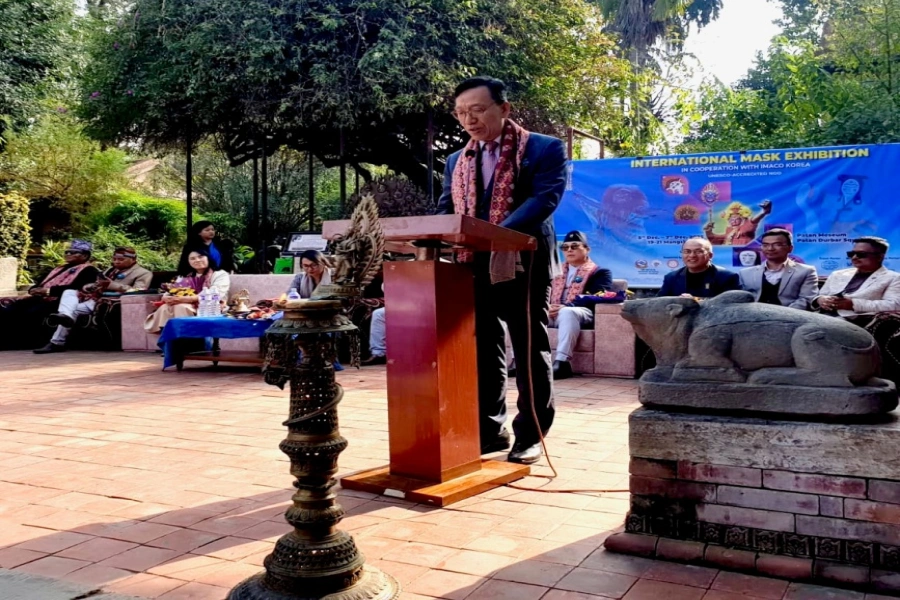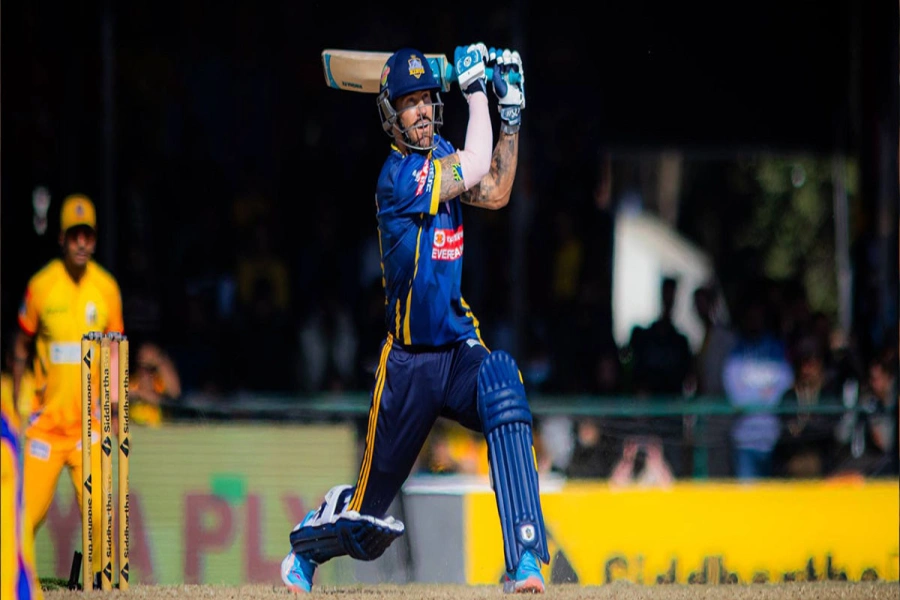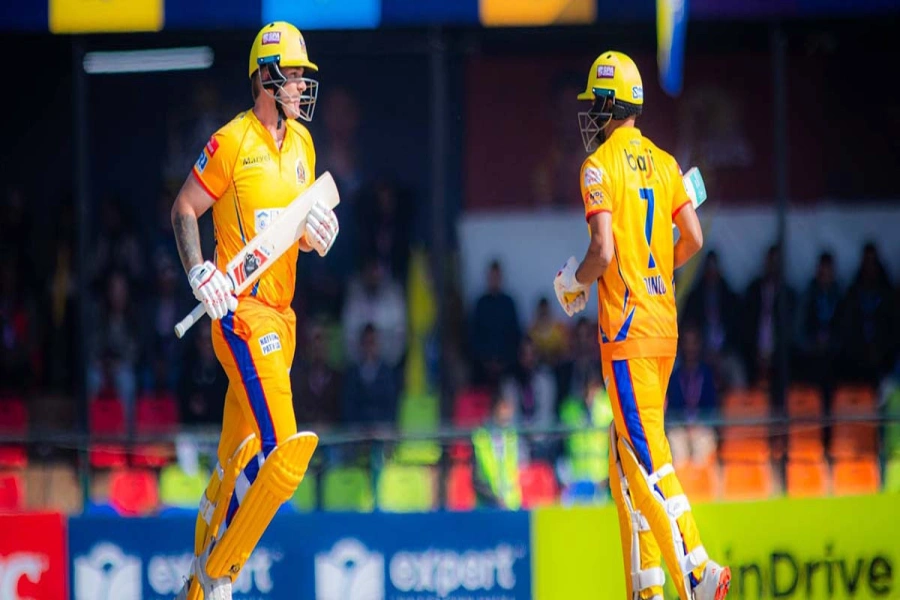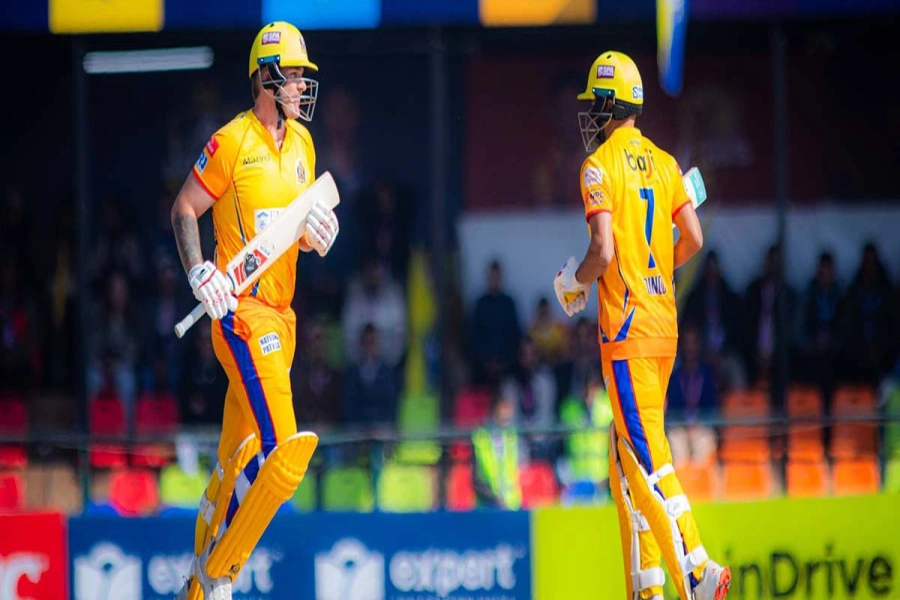POKHARA, March 27: This time of the year is the main season for tourists from third countries. The occupancy ratio of hotels in Pokhara should be at least 80 percent. But as the hotel occupancy rate is only 20 percent, leaving tourism entrepreneurs here highly worried about the fate of their business.
Tourism entrepreneurs say that 20 percent occupancy rate cannot even cover the operating costs of the hotel. There should be at least 40 percent occupancy rate to cover the operating expenses.
During the discussion held as a part of the preparations of the 18th Phewa New Year Festival' being organized by the Hotel Association Nepal (HAN) from April 12 to April 14 in Pokhara, the tourism entrepreneurs said that they are not able to raise the daily expenses of the hotel even in the tourist season when there are no tourists. “The tourism sector has declined greatly. The hotel is not even able to pay the monthly electricity bill. The tourism sector is in a very difficult situation," said a tourism entrepreneur. "The tourism sector could not flourish. The situation is weaker at present than during the COVID-19 pandemic.”
Revised interest rate corridor system introduced

The tourism entrepreneur said that due to the high interest rates of banks and financial institutions, low arrivals of tourists, and the series of losses that started with the pandemic, the tourism business has become unsustainable.
Laxman Subedi, President of HAN, said that the occupancy of the hotel during this time of the year should be 80 to 90 percent, but it has decreased to 15 to 20 percent. He said that since the occupancy rate is only 20 percent during the tourist season it is difficult for the hotel to meet the operating expenses.
“The tourism sector is really in trouble. If the government does not take proper steps immediately, the investment in this sector is about to sink,” Subedi said. “Even though limited hotels have few guests, most of them are in trouble. If this situation continues for some time, many hotels in Lakeside will be closed or will be sold.”
Subedi said that tourism entrepreneurs are planning to sell hotels as they are not able to afford their expenses. “Some hotels are in fear of being auctioned by banks and financial institutions. The tourism sector is under attack from all sides. The arrivals of foreign tourists are very weak.
Tourism entrepreneurs complained that domestic guests have also decreased due to the lack of ease of transportation. The purchasing power of domestic guests is also weak. "Tourism entrepreneurs are most stressed due to banks and financial institutions as they cannot decide whether to pay the installments of the bank or to cover their daily expenses,” he said.
Bharatraj Parajuli, a central member of HAN, said that there has been a great impact in the tourism sector due to the plane crash on January 15 in Pokhara. “The air crash has spread a negative message among potential visitors. The number of guests has also decreased due to difficulty faced by people to travel Pokhara due to poor road conditions," said Parajuli, "People who have come to Pokhara once with a private car do not want to come again as road travel is difficult.”
Parajuli said the arrival of Indian guests has not increased much as well. He said that it would be difficult to sustain business only with limited Nepali guests. “Even after the occupancy of the hotel rises to 40 percent, the expenses are barely covered. Profit will come after the occupancy rate exceeds 50 percent," said Parajuli. “Nepal’s tourism sector is affected badly as the global economy is heading towards recession.”



